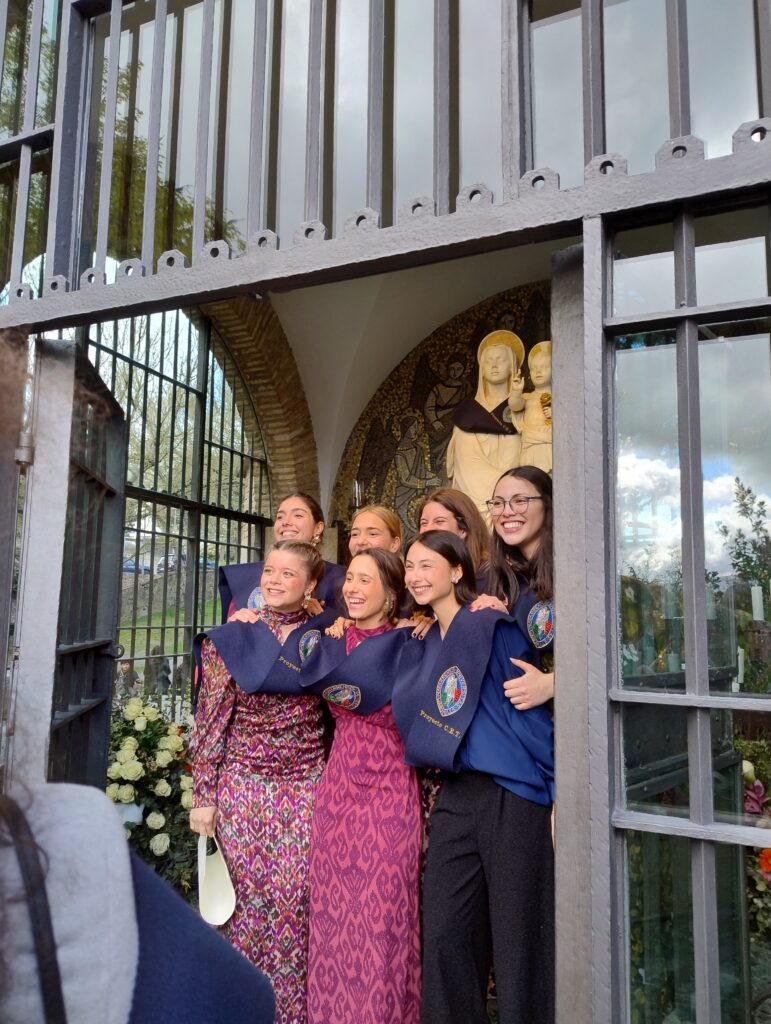The Company as a Service
The Company, a Community of People at the Service of Society

I am very happy to announce that… I have published another book! It is titled “The Company, a Community of People,” and its subtitle is “Business Culture for a New Era.” It is published by Plataforma Editorial, and was suggested by its President, Jordi Nadal, whom I must thank for the kind encouragement I received. As I explain in the Prologue, it was originally going to be called “To Lead is to Serve,” but in the end, the idea of the company as a community of people prevailed. This is how Antonio Argandoña’s blog post announcing his new book began.
“The title reflects its content well,” he continued, and those of you who have followed me over the past few years will find in it many ideas expressed in previous publications and, of course, on this blog. It has 331 pages, 16 chapters, and an epilogue. It focuses on the theory of human action in business as shared action (chapters 2 and 3) and includes topics such as the purpose of business (chapter 4), business and profit (chapter 5), dimensions of business and business models (chapters 6 to 8), business culture (chapter 9), management (chapter 10), managerial and business ethics (chapter 11 and 12), social responsibility (chapter 13 and 14), work in business (chapter 15), a brief history of business (chapter 16), and an epilogue aimed at young people considering directing their professional lives toward human organizations.
To lead is to serve. Business is to serve. Business is a community of people who serve other people while satisfying their personal needs.
In the book, we discover that Professor Argandoña likes the definition of a company given by a manager with many years of experience. Giovanni Angelli: A company is made up of people with different histories, different cultures, different inclinations, different aspirations, different jobs… And all these people, of different ages and cultures, with different jobs, have to perform the miracle of working together so that the company’s results are adequate. Today and tomorrow, because the company is a living entity, with a vocation for continuity, and it is people, not machines, technology, or capital, that drive the company throughout its life. The continuity of the organization demands profitability.
The purpose or mission is the purpose of the company, its reason for being, its ultimate purpose, what those who run it and work in it want it to be (…) The purpose is the contribution that the company makes to society through its members, “those in the house.” It’s not a desire about its relative position with respect to other companies (…)
What is the profit that must be maximized?
What is not justified—says Professor Argandoña—is that the company should be managed to always obtain the maximum possible profit, nor that it should be managed according to the exclusive interest of its owners (…) Profit is like breathing; if you can’t breathe, you can’t live, but a person’s mission is not to breathe.
The important thing is that managers always make their decisions taking into account the three relevant dimensions: effectiveness or profitability, necessary in an economic activity; attractiveness, so that people always feel welcome and have the opportunity to develop; and consistency or unity, so that learning is always positive (…)
A key factor that facilitates the fulfillment of a company’s mission is achieving a climate of trust among the people who work within it. Building trust requires exemplary actions by managers: professional competence in the service of the company; helping other managers and employees develop as individuals; humility to recognize their limitations and failures; acting with justice, strength, courage, serenity, and generosity; conveying to employees that they are working on something bigger than themselves; creating empathy; showing creativity to overcome challenges and adapt to new circumstances, as well as the ability to get things done.
What qualities should a manager possess as a professional?
For the task of diagnosis, they will need objectivity; for goal-setting, magnanimity and ambition, as well as ambition for the position, if it is service-oriented, and boldness or the ability to take risks; and for managing themselves and others, strength and perseverance. An excellent manager must be an ethical manager, and if they are not ethical, they will not be a good manager.
This book is aimed at business directors, people who have decided to embark on the project of creating or managing a company, all employees in an organization, and business administration students interested in the creation and keys to a company’s success. In these pages, the author guides us on the path to a good company: ethical, responsible, sustainable, and profitable.
 (EN)
(EN)
 (ES)
(ES)
 (IT)
(IT)





